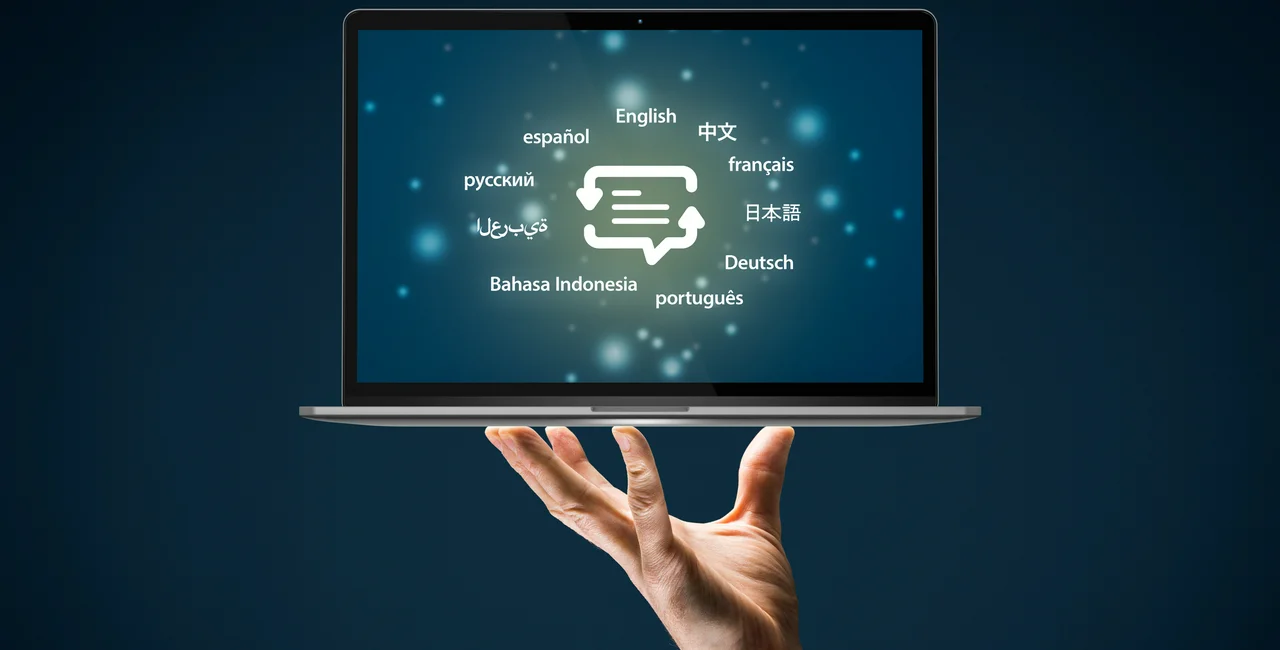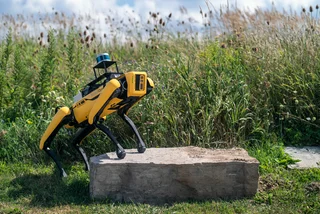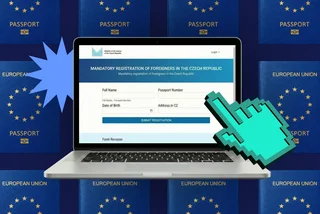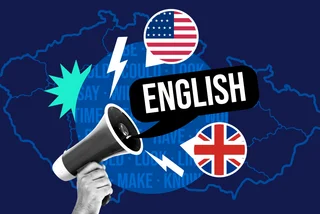There’s no question that life as an expat has been made easier by the development of quick and easy automatic translation apps. Google Translate is the most familiar for most, though other options include the increasingly popular Deepl app and the Microsoft Bing translator.
No translator is perfect, though. The most popular apps tend to vary in translation accuracy depending on the languages detected. For example, Google Translate is known to work better for the world’s most-spoken languages, such as Spanish and English, than for less widely spoken languages such as Czech. This means expats in the Czech Republic can’t rely on popular translation tools as much as internationals living in larger countries.
PARTNER ARTICLE
In this context, the answer may lie in a locally developed app. Experts from Prague’s Charles University have developed translation software called CUBBITT, which now outperforms global competitors in an annual Workshop on Machine Translation competition. The test evaluates quality of translation in various languages, including Czech to English and vice versa.
“Google Translate won for a long time. But in 2018, our publicly available CUBBITT system won the competition. We beat all the other tested translators, and to my surprise, also a professional translation agency,” said Martin Popel, the developer of CUBBITT in an interview with ČT24.
“In terms of translation accuracy we did significantly better than the translation agency, although in fluency we were worse.”
CUBBITT was developed using neural networks, where a dense web of data connections encourages computer learning in a process mimicking the activity of the human brain. This process, labeled “deep learning,” is behind all the best-performing automatic translation systems. Indeed, CUBBITT is based on the Transformer network made publicly available by Google.
Huge amounts of data are then loaded into the translation software through high-performance computers; the more data, the better. In this context, the success of the CUBBITT system is all the more extraordinary, as the Charles University team do not benefit from the vast technological resources enjoyed by major international technology corporations such as Google and Microsoft.
But a recent in-depth study by CUBBITT’s developers confirmed the app’s high performance compared to human translators. So, is “deep learning” technology set to make traditional human translators redundant?
Probably not. According to Popel, machines face much greater difficulty in rendering works of fiction and poetic literature. In this area, he says the difference between computer and human translators is like that between “a painter of rooms and a painter of pictures.”
Still, those looking for high-quality translations on a day-to-day basis in the Czech Republic may find CUBBITT a better fit than more well-known options. The success of the Czech app proves that even in the most modern areas of technological development, choosing local is often best.












 Reading time: 2 minutes
Reading time: 2 minutes 

























